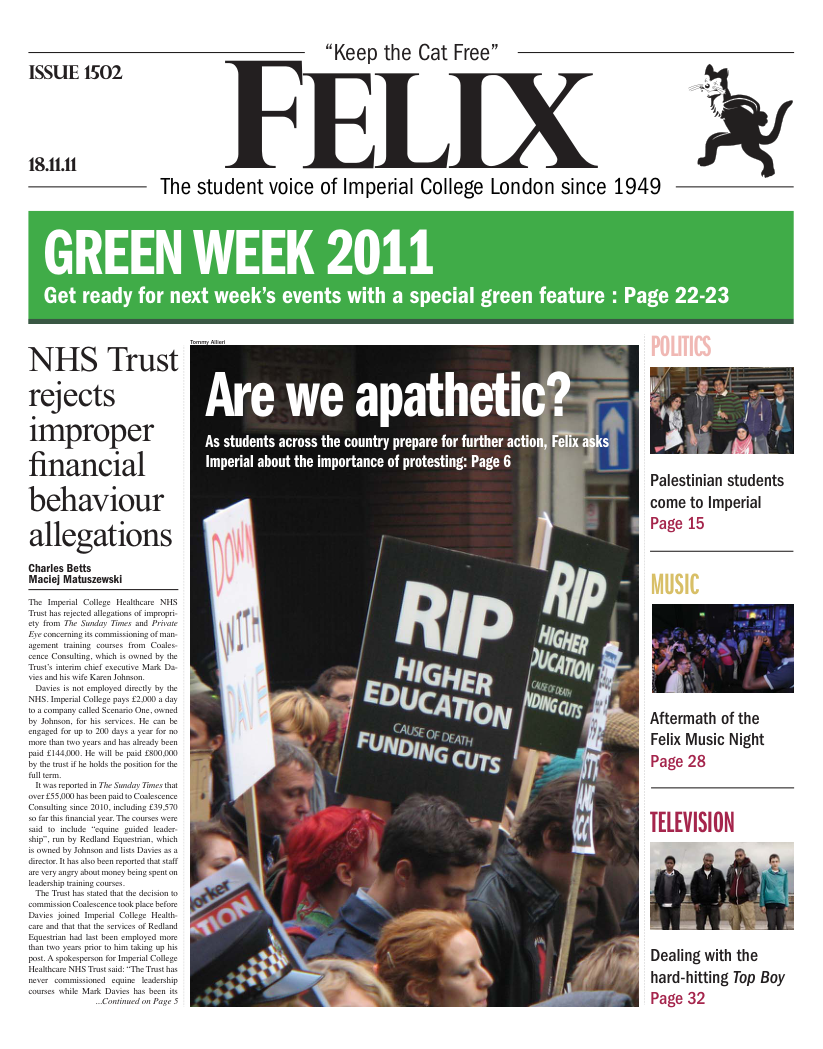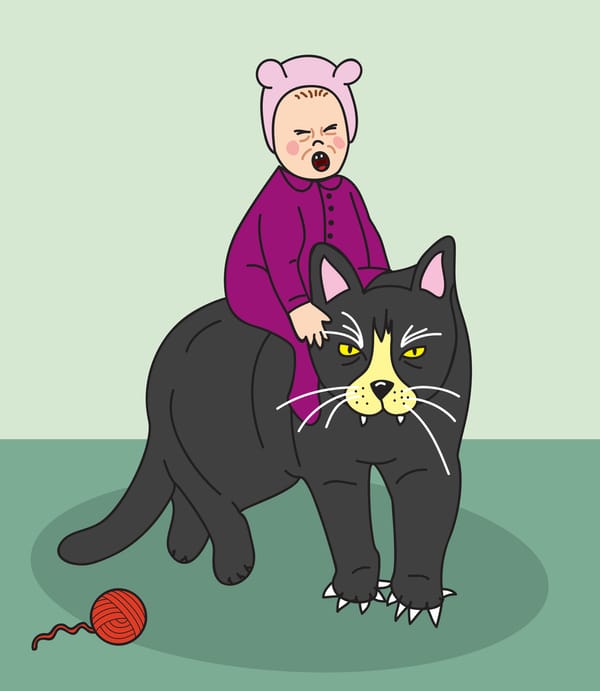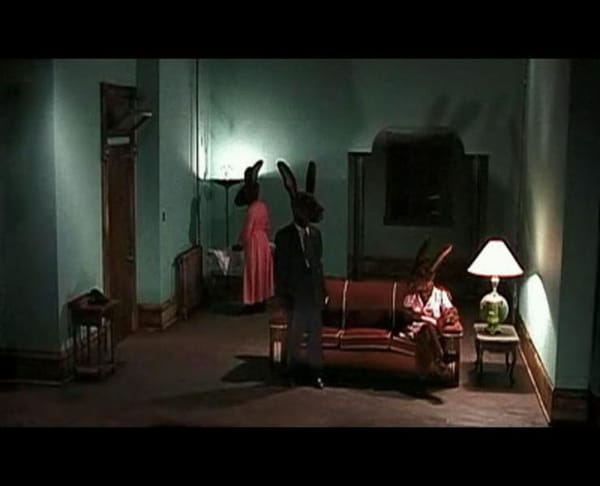I want an armstice
We have a new generation of mourners
Last week, we marked the death of millions of soldiers. They had all died in action at some point in the last 93 years, since the start of the First World War. The eleventh day of the eleventh month has been marked in this way for years. In fact, only a handful of people currently alive today were also alive when it was not. You might think that as those who were there in WWI start to die, the seriousness would start to wane, that the idea would start to lose its punch. Even as children we were all acutely aware of the significance but also the distance from us. But have you noticed recently how the tone has changed?
When I first knew about it, it was an obviously reverential day called Remembrance Day that rarely fell on the 11th November, as it was bunged over to the nearest Sunday. Some people wore a poppy for the week or so up to that weekend, and not afterwards. By contrast, now, it seems to have regained its previous name, Armistice Day, and it really does happen on the 11th November. Almost everyone wears a poppy, and many people wear black arm bands or black ribbons as well. There is also a certain uniformity to it, with pretty much everyone doing it in the same way; many of my French colleagues also wore a poppy despite it being a symbol of a British charity. Inevitably some people managed to cock it up in a thoughtless and shy-making way. An American I know updated her Facebook status with “Happy 11th November”, proving that she has no idea what Armistice Day means. I tried to point this out gently but it turned out that all of her friends who bothered to comment thought the same as her, and as doctors, they do not even have the defence of being stupid. And the nutters who choose to complain about wars fought half a millennium ago by burning large poppies are talked about at this sort of time, though their activities are fortunately no longer public.
...people do not grieve if they do not want to.
So, we have a change of tone towards Armistice Day being taken much more seriously, at least in Europe. There is no upset about this; there is an in-built politeness to anyone in mourning that deflects negative criticism. But at any rate, this change seems at odds with the fact that WWI is a far distant memory. The last WWI combat veteran died earlier this year. My grandparents’ generation were amongst the youngest to fight in WWII and they are dying out at alarming speed. So where does it come from, this change in tone? It is obviously not a political or governmental thing. Even if the coalition did want to push national mourning, it would not work: people do not grieve if they do not want to. The answer is that they do want to, and this is of course because of the wars in Iraq and Afghanistan. We have a new generation of mourners. The tone has changed because pretty much everybody knows someone, knows someone who knows someone, or knows someone who went out with someone who knows someone, that was killed in the Middle East. And that does include ‘both sides’ of the war.
Realising that someone you either knew, or were not that far away from, was killed by an IED inevitably makes a day of remembrance much more personal. It makes you think about those in the trenches in WWI who met a similar fate, albeit a muddier and wetter one. It makes the Blackadder joke, about what happens when you step on a landmine, all the more poignant. And actually, shutting up and standing still for two minutes on a given day is a pretty small price to pay even if you disagree with it.









